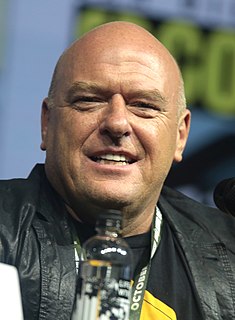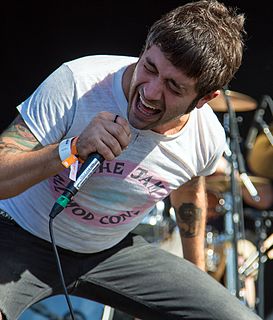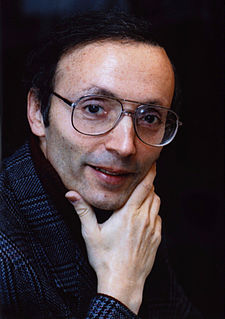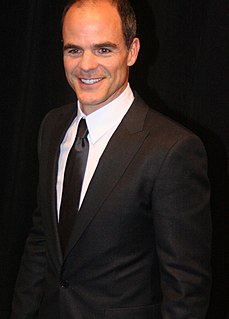A Quote by Tom Cotton
At Harvard College, I discovered political philosophy as a way of life.
Quote Topics
Related Quotes
The adjective "political" in "political philosophy" designates not so much the subject matter as a manner of treatment; from this point of view, I say, "political philosophy" means primarily not the philosophic study of politics, but the political, or popular, treatment of philosophy, or the political introduction to philosophy the attempt to lead qualified citizens, or rather their qualified sons, from the political life to the philosophic life.
Philosophy - reduced, as we have seen, to philosophical discourse - develops from this point on in a different atmosphere and environment from that of ancient philosophy. In modern university philosophy, philosophy is obviously no longer a way of life, or a form of life - unless it be the form of life of a professor of philosophy.
When I look at what I'm doing today, I see [the] roots in my college life. I was the online editor of my college paper and an active member of the Harvard Computer Society. I abandoned a summer internship at the Washington Post due to injury and instead did theatre. I found my comedic voice through satirical newsletters in college.
I was completely unqualified to get into Harvard. But then I went to my interview for Harvard, and the woman asked, 'Why do you want to go here?' And I took out all of my comedy writing samples that I had done. I couldn't have been more delusional in terms of what I thought they wanted in a candidate for college.
We were discovered by Don Fury; he was the first record producer who discovered us and essentially plucked us out of the rough. But I think in another way, we were discovered when we discovered each other, right before we started high school. We were 12 and 13. I don't want to speak for Justin Beck, but that's a big moment, linking up with your foil for the first time. Glassjaw definitely changed my life in the biggest way possible.
You have to be really tenacious. You have to keep at it. There are many roads to get there. If you can get yourself into Harvard, that's a good way to go, because every Harvard graduating class, the agencies come trolling around and they'll look for you. So if you go to Harvard, you'll get found there.
I was in college, and I studied everything, but was really not good at anything until I found philosophy, and, then, political science. I thought, 'Wow, this is something I really enjoy.' I kind of got into that whole world of law and political science. I was really into it and enjoying it, and then I took an acting elective, and that was it.


































